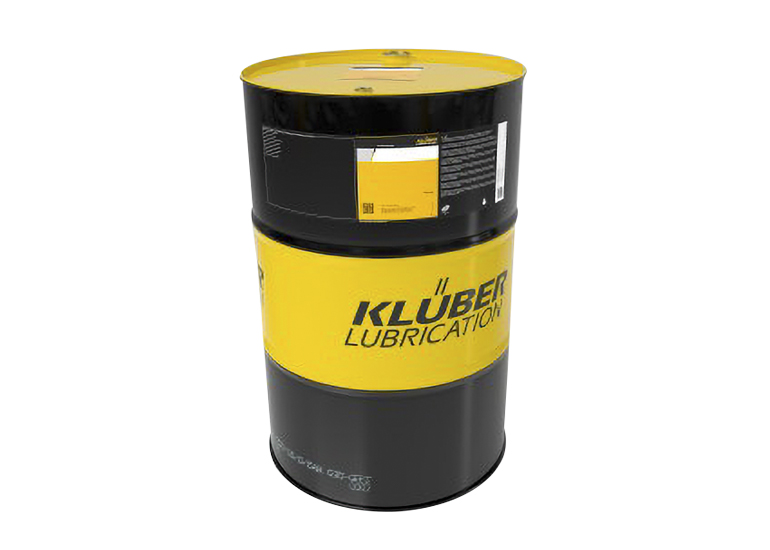- SYNTHESO HT oil are used for the lubrication of spur and bevel gears and rolling bearings such as spherical roller bearings in bowl mill crushers, plain bearings and gear couplings subject to high temperatures and high surface pressure. Substantially less friction and powerful protection against wear are major benefits of these products.
- SYNTHESO HT oils are often used for immersion lubrication. Immersion circulation and injection lubrication are supported as well provided that you do not exceed the viscosity limits of the pumps or the entire system.
- SYNTHESO HT oils are not miscible with mineral oils and synthetic hydrocarbons. Therefore, you are advised to clean the lubrication points before SYNTHESO HT oils are introduced. Because of their high viscosity, be careful about rinsing with SYNTHESO HT.
- Experience shows that contamination of up to about 5% with mineral oils and hydrocarbons will not be critical. Beyond that level, you should drain the oil once more when it is at operating temperature and completely refill the system with fresh oil.
- SYNTHESO HT oils are neutral towards ferrous materials and virtually all non-ferrous metals. There may be increased wear when the contact surfaces of design elements made of aluminium or aluminium alloys are exposed to dynamic stress (sliding speed and high loads). It may be necessary to carry out wear tests. Depending on temperature and time of exposure, synthetic lubricants based on polyglycol may affect the functionality of rubber-elastic sealing materials. Seals made of NBR materials (acrylonitrile butadiene rubber) can be used at permanent temperatures up to 100 °C. For higher temperatures, it is advisable to use seals based on FPM (fluoropolymers) as those elastomers are resistant to SYNTHESO HT oils. Be aware that different elastomer qualities from the same or different manufacturers will behave differently.
- Coats of paints may be attacked by synthetic lubricants. When applying SYNTHESO HT oils we recommend the use of twocomponent (reactive) paints for interior coating. Oil inspection glasses should preferably be made of natural glass or polyamide materials. Other transparent plastics such as plexiglass tend to crack under stress. It is advisable to test the suitability of design materials, especially those intended for series application.

 EN
EN  TR
TR 
